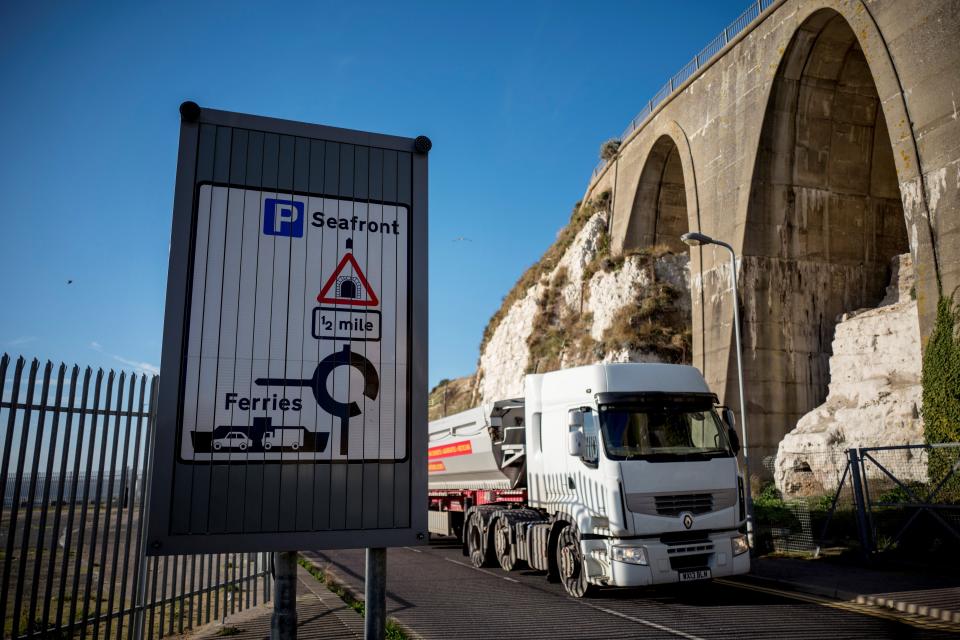UK pioneers new way to help warn about economic shocks

The UK’s Office for National Statistics (ONS) is launching a new way to detect potential economic shocks and recessions.
In a new monthly report starting mid-April, the ONS will publish in-depth data on port traffic, road traffic, and business taxes to give further insights into how Britain’s economy is performing. It will be published in advance of official reports on the UK’s gross domestic product (GDP).
“We have successfully identified a range of big data and administrative datasets, which have allowed us to construct useful, faster indicators of some types of economic activity,” said the agency’s top data scientist Louisa Nolan in a written statement as she unveiled plans for the new reports.
READ MORE: Brexit is making Brits stay home and spend less
The first set of data from the ONS will focus on business value-added tax (VAT) and will present a picture covering companies’ sales and expenditure growth, along with applications for VAT repayments.
“The VAT turnover index does indeed capture the last recession quite well,” said Nolan, though she noted that it didn’t provide much useful insight during times of economic stability.
The second part of the report will harness data from road traffic sensors across England. The goal is to track and count lorries to get a sense of the pace of economic and trade activity in the country.
Finally, the report will incorporate shipping data from ports from the Maritime and Coastguard Agency.
“These indicators are likely to be important in supplementing our understanding of international trade activity,” said Nolan.
READ MORE: Here’s why a Brexit extension will still be painful for the UK economy
But the ONS said “these new indicators are not attempting to forecast or predict GDP or other headline economic statistics and the indicators should not be used in this way.”
UK-based chief economist Paul Donovan from UBS Global Wealth Management said he welcomed the introduction of this new pioneering publication, which sets an example for the rest of the world.
“Other countries — [including] the US — are spending less on data collection and cannot take advantage of the opportunities technology and big data offer,” he said, noting that the UK previously had a poor history of data tracking.
However, he warned against leaning too heavily on this data to forecast the future.
“Anything which increases our understanding of the economy is generally useful, if it is treated correctly. The danger with this is that it fuels an illusion of precision. Economics is not precise, it is not a science,” he said.
For example, it’s important not to jump to conclusions when you see lower traffic at ports.
“Is that cyclical? Or because of digitisation? Or localisation in the face of robotics? Getting excited about the data because it is produced quickly… does not help answer those questions, and yet they are vital to considering any policy response,” he said.

 Yahoo Finance
Yahoo Finance 